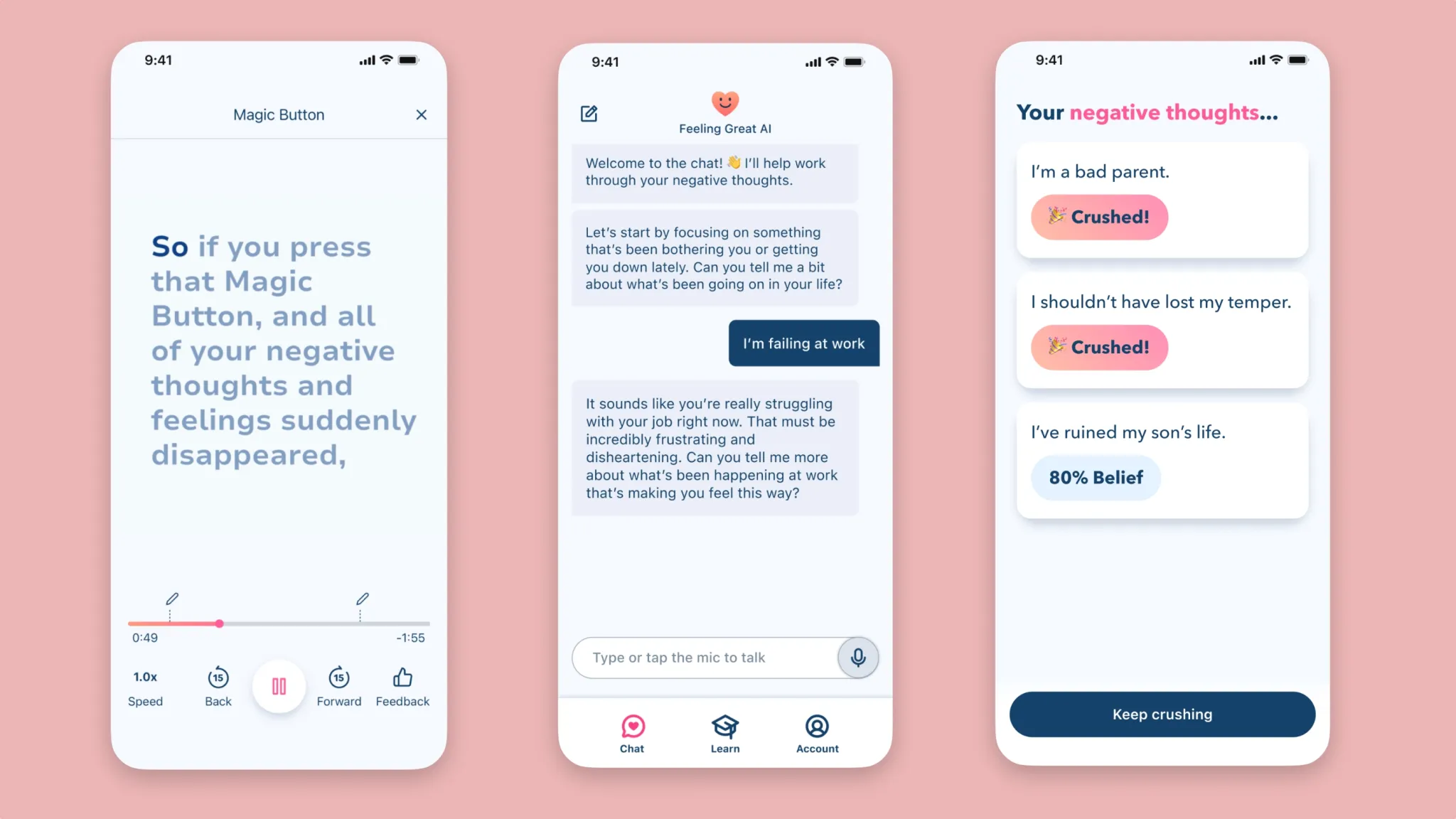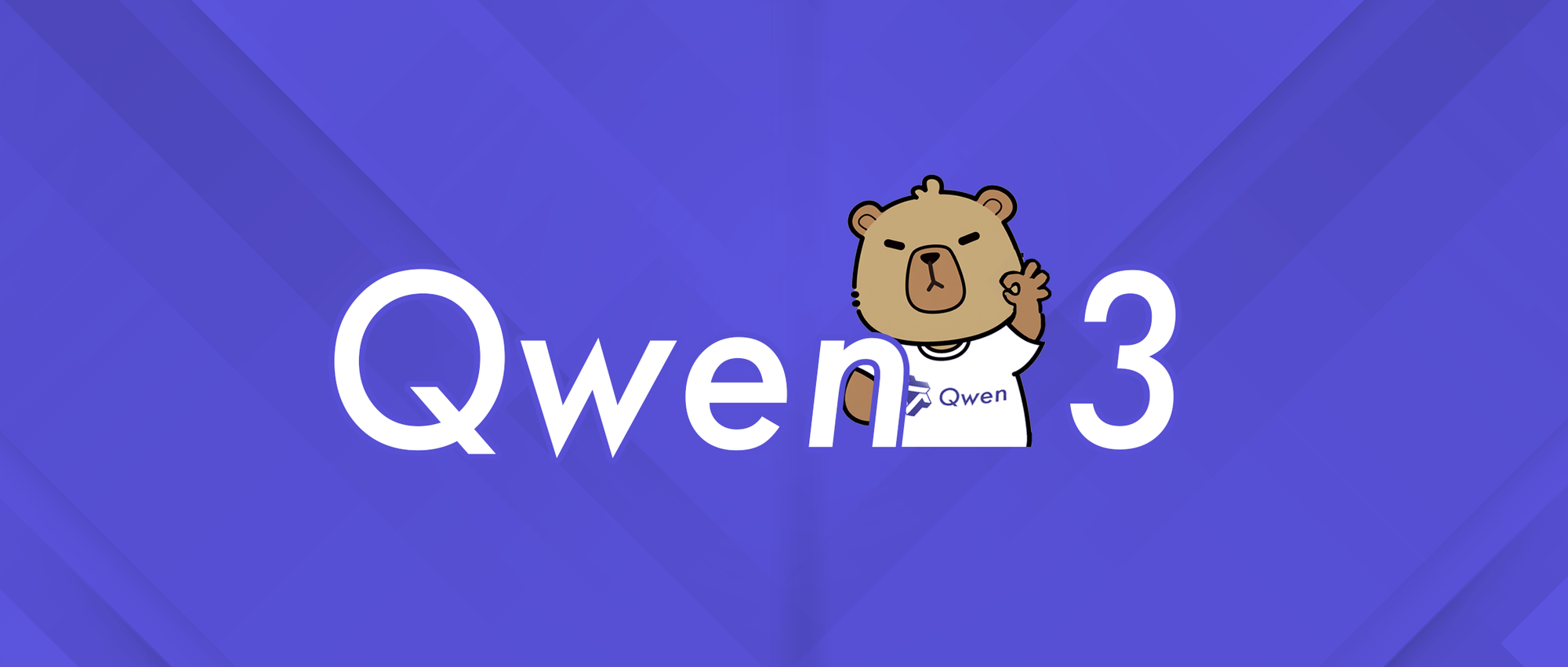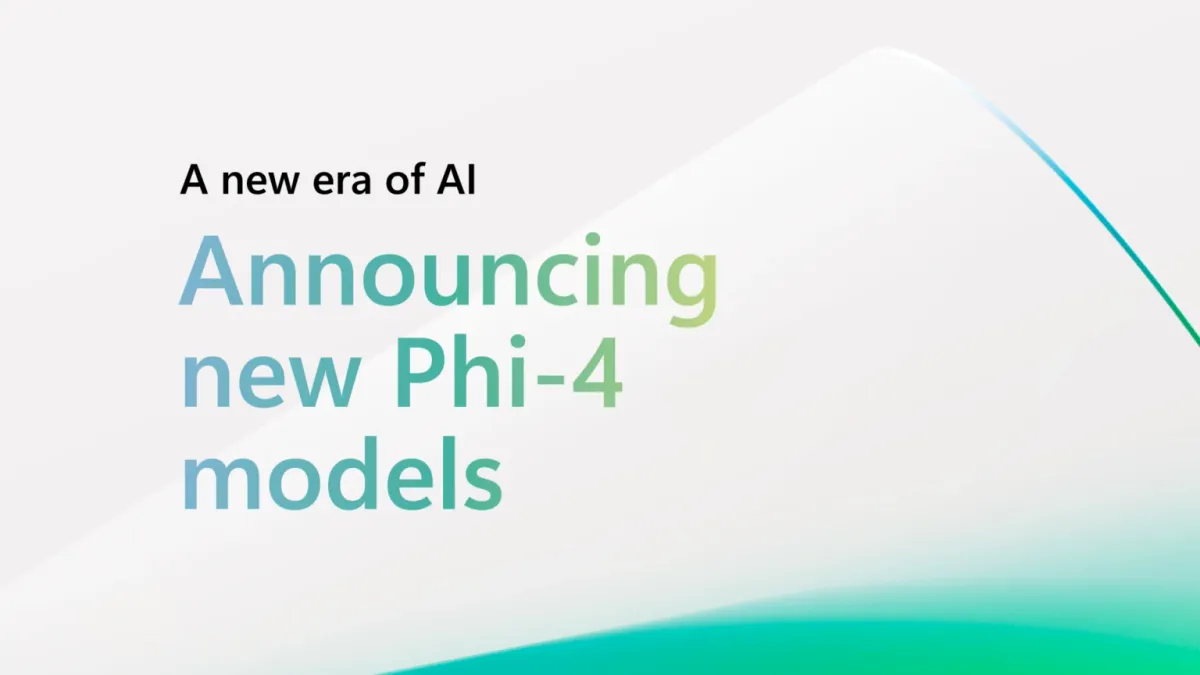A prevalent belief in the conversational chatbot space is that the technology can make mental health support accessible in more affordable and broadly available ways than traditional therapy. This is not to say that AI can replace therapy and professional assistance, but that it can be a broadly accessible tool in a spectrum of possibilities. Psychiatrist Dr. David Burns is one of those believers in combining technology with mental health support, as he had been planning to condense Dr. Burns's knowledge into a guided lesson app. However, the advent of large language models only accelerated the completion of the project, as it unlocked the possibility to train a proprietary model.
Feeling Great was founded in 2022, by Dr. David Burns, Jeremy Karmel (DoorDash, Reddit), and Matt Pierce (former Trusted Health CEO). The startup is named after one of Dr. Burns's books on mental health. The startup is launching its mobile app (Android and iOS) and announcing it raised an $8 million seed funding round co-led by Learn Capital and TitletownTech, with participation from Lux Ventures, Wavemaker Three-Sixty Health, Pacific Health Ventures, and Treble Capital. The app is coming out of beta testing and into a limited US-based launch boasting about 3,000 users.
Based on Burns’ T.E.A.M. (Testing, Empathy, Assessment of Resistance and Methods), the Feeling Great app has two components: interactive courses on mental health and managing emotions, and an empathic chatbot that users can prompt with their issues. The chatbot can also help users practice techniques that help with negative emotions. The company makes ample acknowledgments that the app is not a replacement for therapy, showing clear disclaimers stating that there are no promises of specific results and that users should seek professional help if they are having suicidal or violent thoughts.
Currently, Feeling Great has 14 employees and plans to use at least part of the investment to develop and market the app. The startup is also working on new app features, including voice-based AI, long-term memory, and an anonymous mode. Moreover, in the longer term, the company has expressed interest in developing a solution that works in clinical settings.





Comments